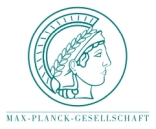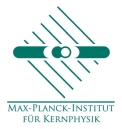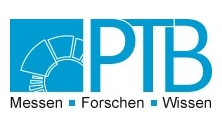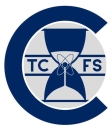Max Planck-RIKEN-PTB Center for
Time, Constants and Fundamental SymmetriesGroup of Klaus Blaum, Max Planck Institute for Nuclear Physics, Heidelberg
Center Research Topics
- Sympathetic cooling of antiprotons by resonant coupling to laser-cooled beryllium ions
- Direct high-precision measurement of the magnetic moment of 3He to establish a new standard for ultra-sensitive absolute magnetometry
- Transportable Antiproton Containers
- Advanced ion traps and ion manipulation techniques
- Optical and XUV clocks based on highly charged ions
Klaus Blaum's Division Website ![]()
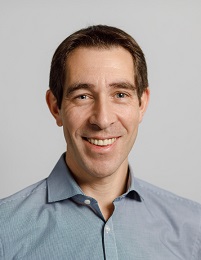
A passion for precision could be a short-label characterizing the research of Prof. Dr. Klaus Blaum, which he has pursued over the last 15 years in a very wide range of experiments in atomic and nuclear physics as well as metrology. The achievable precision depends strongly on the techniques used. Therefore novel technical developments are a key element in his research. Along the way he has become an expert in, e.g., ion trapping techniques, extremely stable voltage sources and ultra-low-noise detection electronics. The large number of breakthroughs and achievements briefly summarized below demonstrate the contribution of his division on "Precision Experiments with Cooled and Stored Ions" to the precise determination of atomic and nuclear ground state properties as well as fundamental constants.
Today, many studies of the properties of particles and of their fundamental interactions are performed at the highest energies up to the Tera-eV range. In contrast, a number of basic and often unique questions of particle physics and cosmology can be pursued at the other extreme of the energy scale at the lowest energies down to the pico-eV range. Although the desired effects are extremely tiny at low energies, this is compensated to a large extent by the extraordinary level of precision Klaus Blaum and his team have achieved today. The implementation of novel cooling, storage and detection techniques with single ion sensitivity has been central for his success. Along these lines he has developed new strategies in studying the properties of quantum systems, he has designed unique experimental facilities, and he has achieved many breakthroughs. The most important ones are:
- The most accurate value for the mass of the electron, improved by more than an order of magnitude as compared to the previous best value [Nature 506 (2014) 467], and for the atomic mass of the proton [Phys. Rev. Lett. 119 (2017) 033001].
- The most accurate determination of the proton's magnetic moment, improved the current best value by more than an order of magnitude [Science 358 (2017) 1081].
- The discovery of new magic numbers [Nature 498 (2013) 346, Nature Physics 12 (2016) 594] and the test of nuclear forces in the heaviest elements by direct mass spectrometry [Science 337 (2012) 1207 and Nature 463 (2010) 785].
- The most stringent test of bound-state QED calculations [Phys. Rev. Lett. 107 (2011) 023002] and for many electron systems [Phys. Rev. Lett. 110 (2013) 033003].
Inspiring young researchers:
Klaus Blaum has been regularly teaching lecture courses since
2006 and has served in various academic functions. In the past 10 years, close to 40 PhD
students have graduated under his supervision, many of them moving on to postdoctoral
research positions at prestigious institutions as, e.g., CERN (CH), MSU (USA), RIKEN (J). So far
Klaus Blaum has been invited to give more than 30 open public talks in schools to present
the "daily work" of his research. In 2006, he received the teaching award of the state
Rheinland-Pfalz (D).
International recognition:
Klaus Blaum contributed to set up EU-funded Networks within
FP4 to FP7 as well as Horizon2020 and received an ERC Advanced Grant in 2011. He is
frequently invited to give colloquia and presentations at national and international scientific
conferences (in total more than 200 in the last 10 years). His 370 refereed publications have
been cited more than 8000 times with an h-index of 48. His contributions have been
recognized by numerous international awards, among them the Helmholtz-Prize 2012, the
Flerov-Prize 2013, and the Gothenborg Lise-Meitner-Prize 2016 "… for his outstanding
contributions to high-precision experiments with cooled and stored ions".
